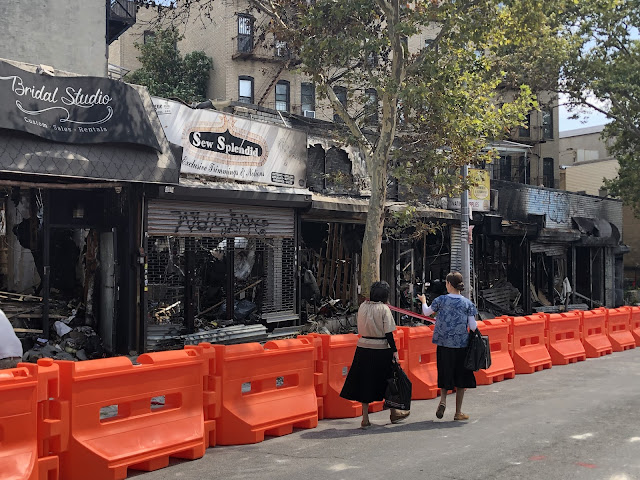Being a New York Knicks fan during the 1990s had to be one of the most frustrating experiences in sports fandom. Patrick Ewing was the Raymond Poulidor--"the Eternal Second" of basketball. Just as Poulidor had the misfortune of having his career overlap with those of Jacques Anquetil and Eddy Mercx, Ewing entered the NBA only a year before Michael Jordan.
But MJ and the Bulls weren't the biggest source of frustration. Everyone else lost to them, so there was no shame--and no surprise for, or hatred from, the fans--when the Patrick and the Knicks couldn't grab the ring. On the other hand, there was another player who, while he may not have been on Jordan's level (then again, who ever has been?), proved to be at least as much of a nemesis to the fellows from the Big Apple.
Reggie Miller saved some of his most torrid scoring binges for games against the Knickerbockers, especially in the playoffs. And, in contrast to MJ's efficiency and demeanor, Miller frequently punctuated his flashy play and dominant games with taunts and trash-talking. So, Knicks fans really, really wanted to see him eat crow.
Well, they might have finally gotten their wish had they gone to Steamboat Springs, Colorado for the SBT GRVL race. Though he has spent a lot of time on his bicycles since retiring from the NBA, and has participated in a wide variety of cycling events, he later admitted that he wasn't prepared for the Rocky Mountain race.
You see, he now lives--and does most of his cycling in the vicinity of--Malibu, California. It stands 105 feet above sea level. Steamboat Springs is 7000 feet above sea level, and the course he chose--the second-toughest of four--included 6000 feet of climbing over 100 miles.
OK, I'll give him credit for doing the race. But I wonder what Knicks fans would have given to see hear him admit defeat. Then again, I have to wonder whether Patrick Ewing, or even Michael Jordan, woulld or could have been more prepared.



